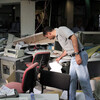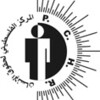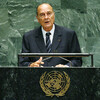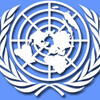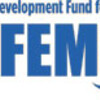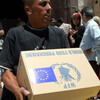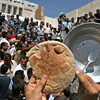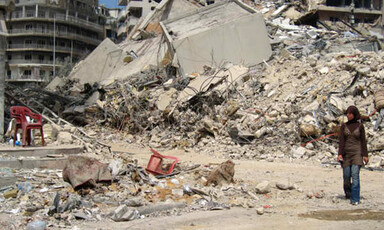
Al-Mezan concerned about security situation in Gaza
20 September 2006
The escalating security unrest in the Gaza strip has resulted in the killing of two more citizens, and the injuring of nine others, as well as an attack on Rafah district’s electricity company. According to Al Mezan field sources, on 18 September at approximately 21:30, an armed family feud erupted in Al Shaja’ia neighborhood of Gaza city, resulting in the killing of Faiz Ahmed Al Ne’izi, 50, and Hamdi Ali Al Ne’izi, 55, and the injury of five others. On the same day at approximately 20:30, armed clashes broke out between two families in the area around Al Nada towers in northern Gaza. Six Palestinians were reported injured as a result. Read more about Al-Mezan concerned about security situation in Gaza
